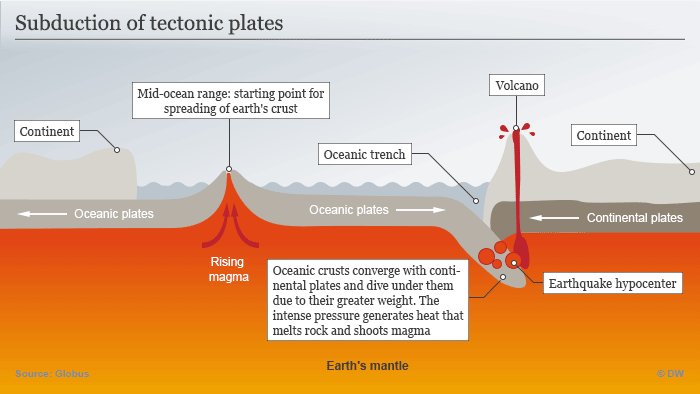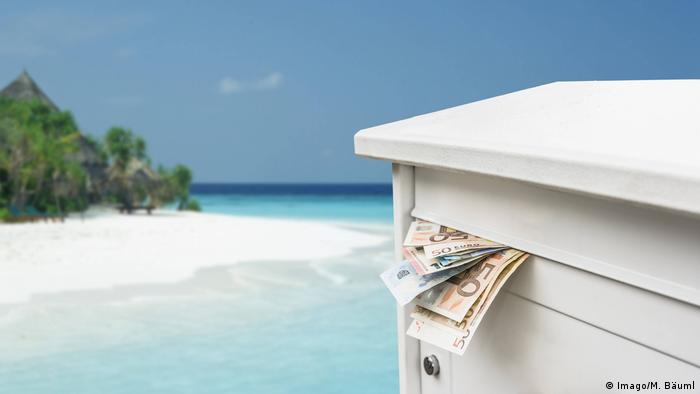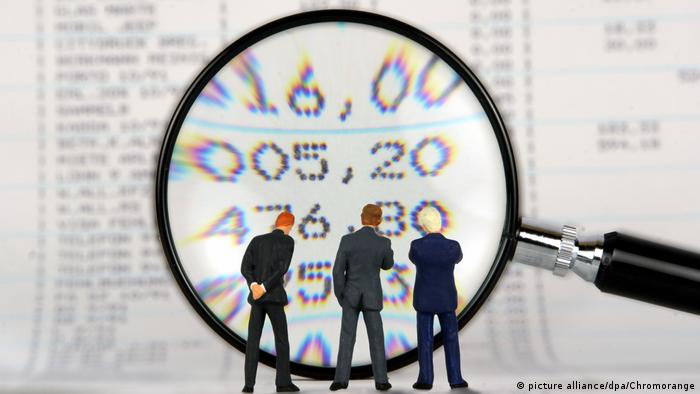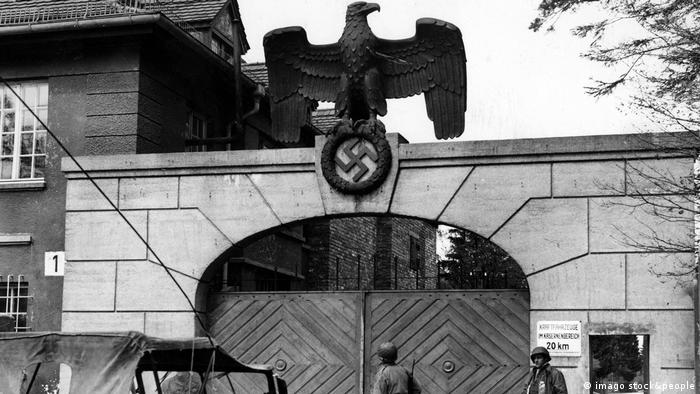Reduced pollution during Covid-19 lockdown could prevent 11,300 premature deaths in Europe: study

FILE PHOTO: General view of Rialto Bridge and the empty Grand Canal, as the spread of the coronavirus disease (COVID-19) continues in Venice, Italy, April 28, 2020. R © Manuel Silvestri/File Photo, Reuters
Text by:NEWS WIRES
Improved air quality in Europe due to lockdowns to combat the coronavirus pandemic has delivered health benefits equivalent to avoiding 11,300 premature deaths, according to a study published on Thursday.
Researchers extrapolated the likely impact on diseases caused or made worse by air pollution, which has fallen dramatically as hundreds of millions of people have stayed at home over the past month.
"You could compare it to everyone in Europe stopping smoking for a month," said Lauri Myllyvirta, lead analyst at the Helsinki-based Centre for Research on Energy and Clean Air, which conducted the study.
"Our analysis highlights the tremendous benefits for public health and quality of life that could be achieved by rapidly reducing fossil fuels in a sustained and sustainable way."
The benefits in Germany, Britain and Italy exceeded the equivalent of more than 1,500 premature deaths in each country.
The average European citizen was exposed to nitrogen dioxide levels 37% below what would normally have been expected in the 30 days that ended on April 24, CREA said. The gas is mostly produced from road transport.
Exposure to particulate matter, generated by transport, industry and coal-fired heating, was 12% below normal levels, according to the study, which covered 21 European countries.
The observed drop in pollution would also be expected to result in 1.3 million fewer days of absence from work and 6,000 fewer new cases of asthma in children, CREA said.
At the same time, the researchers noted that prolonged exposure to dirty air prior to the pandemic could have caused or exacerbated diabetes, lung disease, heart disease and cancer – all conditions that increase the risk of death for COVID-19 patients.
"What we can say so far is that there is an overlap between conditions associated with air pollution and those that have increased the risk of dying from COVID-19," said Sara De Matteis, a professor at Italy's Cagliari University and a member of the European Respiratory Society's environmental health committee.
Air pollution causes more than 400,000 annual premature deaths in the 27-member European Union and ex-member Britain, according to the EU environment agency.
(REUTERS)
Less air pollution means thousands fewer die

An unintended boon of shuttered factories along with empty roads and skies has been more breathable air JACQUES DEMARTHON AFP/File30/04/2020 -
Paris (AFP)
European countries under coronavirus lockdown have seen 11,000 fewer deaths in April compared to the same period last year due to a sharp drop in fossil fuel pollution, according to research released Friday.
Measures to halt the spread of coronavirus have slowed the region's economies to a crawl, with coal-generated power falling by nearly 40 percent, and oil consumption by a third.
Globally, oil use has declined by about the same amount, with drops in coal consumption varying by region.
An unintended boon of shuttered factories and empty roads has been more breathable air.
Levels of nitrogen dioxide (NO2) and small particle pollution known as PM2.5 -- both toxic by-products burning coal, oil and gas -- fell 37 and 10 percent, respectively, according to the findings.
"The impacts are the same or bigger in many other parts of the world," lead author Lauri Myllyvirta, senior analyst at the Centre for Research on Energy and Clean Air (CREA), told AFP.
In China, for example, NO2 and PM2.5 levels declined by a 25 and 40 percent during the most stringent period of lockdown, with an even sharper fall in Hubei Province, where the global pandemic began.
"So we are looking at an even larger number of avoided deaths," Myllyvirta said.
Air pollution shortens lives worldwide by nearly three years on average, and causes 8.8 million premature deaths annually, according to a study last month.
The World Health Organization (WHO) calculates 4.2 million deaths, but has underestimated the impact on cardiovascular disease, recent research has shown.
Worst-hit is Asia, where average lifespan is cut 4.1 years in China, 3.9 years in India, and 3.8 years in Pakistan.
In Europe, life expectancy is shortened by eight months.
"Our analysis highlights tremendous benefits for public health and quality of life that could be achieved by rapidly reducing fossil fuels in a sustained and sustainable way," Myllyvirta said.
- Pollution and COVID-19 -
The happenstance evidence that less air pollution saves lives should guide governments deciding on how to reboot their economies, noted Maria Neira, the WHO's director for Environmental and Social Determinants of Health.
"When we eventually take off our face masks, we want to keep breathing clean air," she said, commenting on the findings.
"If we truly care about the health of our communities, countries and global commons, we must find ways of powering the planet with out relying on fossil fuels."
Compared to other causes of premature death, air pollution worldwide kills 19 times more people each year than malaria, nine times more than HIV/AIDS, and three times more than alcohol.
Another study comparing more than 3,000 US counties, meanwhile, found that PM 2.5 pollution is directly linked with higher COVID-19 death rates.
One extra micron per cubic metre corresponded to a 15 percent jump in COVID-19 mortality, researchers at the Harvard University T.H. Chan School of Public Health reported earlier this month.
The results "suggest that long-term exposure to air pollution increases vulnerability to experiencing the most severe Covid-19 outcomes," they wrote.
PM 2.5 particles penetrate deep into the lungs and enter the bloodstream, causing cardiovascular respiratory problems.
In 2013, the WHO classified it as a cancer-causing agent.
In India's Uttar Pradesh -- home to 200 million -- small particle pollution by itself slashes life expectancy by 8.5 years, while in China's Hebei Province (population 74 million) the shortfall is nearly six years, according to the Air Quality Life Index, developed by researchers at the Energy Policy Institute of Chicago.
All but two percent of China's cities exceeded WHO guidelines for PM2.5 levels, while 53 percent exceeded less stringent national safety limits.
The UN says PM2.5 density should not top 25 microgrammes per cubic metre (25 mcg/m3) of air in any 24-hour period. China has set the bar at 35 mcg/m3.
The new analysis from CREA matches weather conditions and changes in emissions to data on the damages to health linked to exposure to air pollution.
© 2020 AFP







.webp)












